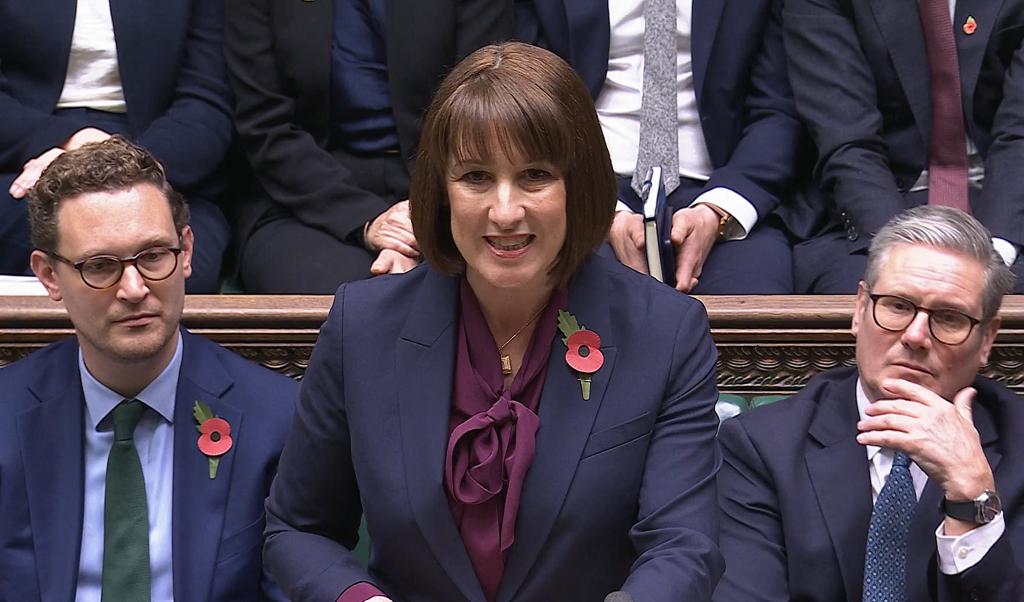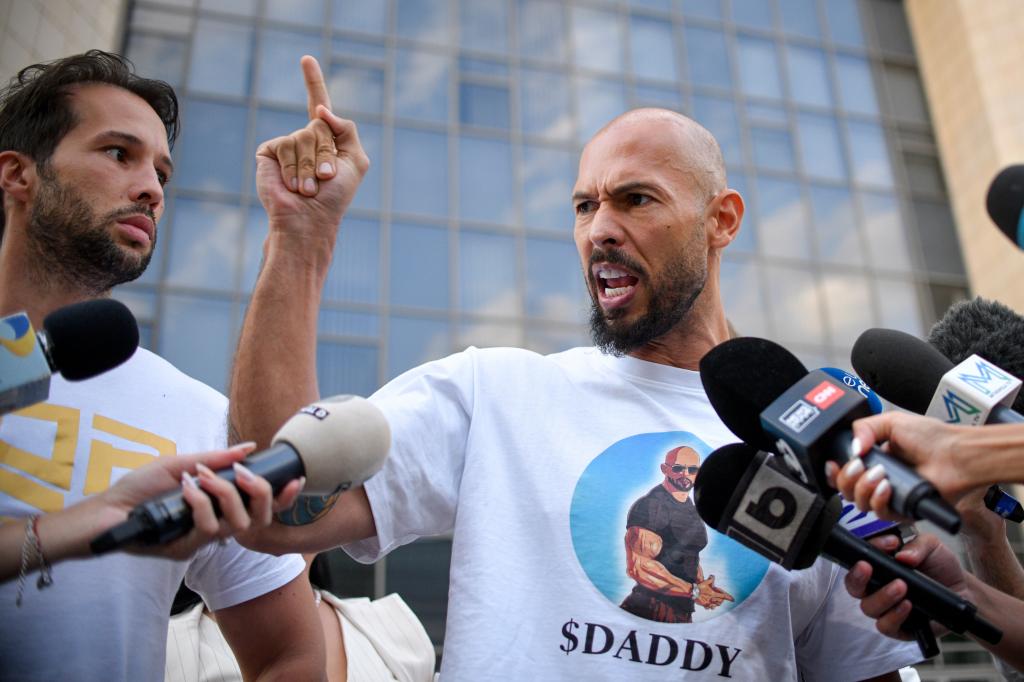Labour's £40 Billion Tax Plan to Revitalize Britain's Economy
Explore Labour's ambitious £40 billion tax plan aimed at revitalizing Britain's economy and public services for a more sustainable future.

Key Points
- Chancellor Rachel Reeves
introduces a historic £40 billion tax plan to stabilize Britain's public finances and enhance essential services.
- The plan includes increasing national insurance contributions for employers and substantial investments in health, education, and infrastructure.
- Despite criticism, the Labour government emphasizes the need for those with the "broadest shoulders" to help repair the economy for long-term growth.
The recent announcement by Rachel Reeves, the first female Chancellor of the Exchequer in British history, has ignited discussions on the future of the UK's economy. With an ambitious plan to raise £40 billion in taxes, Reeves aims to stabilize the public finances and enhance public services following 14 years of Conservative governance. This transformative approach seeks not only to address the pressing financial challenges but also to lay the groundwork for sustained economic growth.

The Rationale Behind the Tax Increases
At the core of Reeves' rationale is a stark acknowledgment of the "£22 billion black hole" in public finances inherited from the previous government. “The scale and seriousness of the situation that we have inherited cannot be underestimated”, she stated during her budget speech. This acknowledgment of past economic mismanagement sets a critical backdrop for her proposed reforms.
Reeves has outlined several key tax increases as part of her strategy. The most significant is a rise in national insurance contributions from employers, which will now reach 15% starting in April 2025. The threshold for when employers start paying this tax will also be lowered from £9,100 to £5,000. This measure alone is expected to generate approximately £25 billion by the end of the current Parliament.
Impact on Public Services and Economic Recovery
With this influx of funding, Labour plans to reinvest in essential public services, which have suffered chronic underfunding in recent years. The budget allocates an additional £22.6 billion for health services and a further £6.7 billion increase in capital investment for schools. “The only way to improve living standards, and the only way to drive economic growth is to invest, invest, invest”, Reeves emphasized, advocating for a transformative agenda focused on revitalizing the nation’s infrastructure.
The aim here is not just to recover lost ground but to catalyze a decade of national renewal. By addressing the fundamental weaknesses in public services, Reeves hopes to restore public confidence and stimulate economic activity across the board.
Critics and Supporters React
Reeves’ bold budget has naturally attracted criticism. Business groups have voiced concerns that increased national insurance costs could lead to job losses and wage stagnation at a time when the economy is still fragile. Critics argue that these tax hikes are a significant burden on employers, potentially discouraging hiring and investment. However, Reeves has countered these arguments by insisting that those with the "broadest shoulders" must contribute more to repair the economy.
In contrast, supporters of the budget praise it as a necessary step to bring accountability and transparency back to the government's fiscal policies. They argue that the extensive public investment outlined in the plan is essential for long-term economic health and social equity. Prime Minister Keir Starmer has echoed this sentiment, urging the country to embrace “the harsh light of fiscal reality” that requires difficult yet necessary changes.
A Path Forward
As the
embarks on this ambitious venture, the success of this budget will likely define its ability to secure a second term in office during the next election. Reeves' approach represents a significant pivot from the austerity measures of the past, aiming to rebuild a stronger, more resilient economy through targeted investments in public services. This marks not just a financial shift but a profound ideological one as well.
Ultimately, Reeves' budget is a wake-up call for the nation, urging us to face reality while laying out a vision for recovery through strategic investments. As we navigate this period of adjustment, the focus must remain on sustainable growth and the well-being of the British people; only then can we ensure a prosperous future for all.


